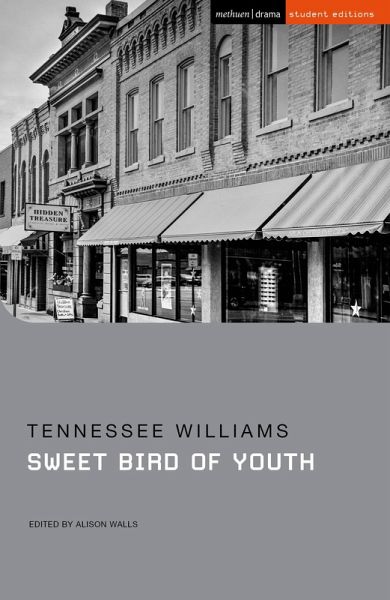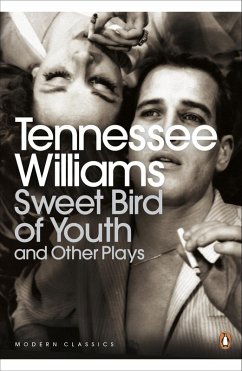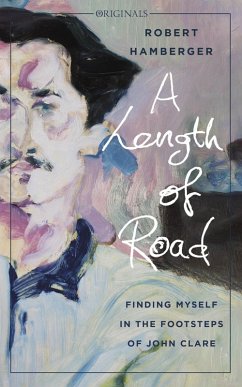
Sweet Bird of Youth (eBook, ePUB)

PAYBACK Punkte
4 °P sammeln!
'Tennessee Williams's mordantly funny and deeply troubled meditation on the desperate dismay of ageing and the iniquities of racial bigotry.' INDEPENDENT 'It's a wonderfully weird play, starting claustrophobic, losing intensity as it introduces the locals... then regrouping for a devastating second half... This unruly, unforgettable play takes its unpredictable course to something that makes you feel afresh our powerlessness against time.' THE TIMES When Chance Wayne left the small town of St. Cloud, he did so with the ambition of being an actor: now, many years later, he returns as a gigolo a...
'Tennessee Williams's mordantly funny and deeply troubled meditation on the desperate dismay of ageing and the iniquities of racial bigotry.' INDEPENDENT 'It's a wonderfully weird play, starting claustrophobic, losing intensity as it introduces the locals... then regrouping for a devastating second half... This unruly, unforgettable play takes its unpredictable course to something that makes you feel afresh our powerlessness against time.' THE TIMES When Chance Wayne left the small town of St. Cloud, he did so with the ambition of being an actor: now, many years later, he returns as a gigolo and the companion of faded movie star Alexandra del Lago. But can Chance convince the town he did actually make it big and win over his childhood sweetheart? Or will the mistakes of his past punish him still? Sweet Bird of Youth is Tennessee Williams's 1959 Broadway hit that explores the social and political climate of 1950s America, at a time when sexual freedom was a critical issue. This edition includes an introduction by Alison Walls that explores the play's production history as well as the dramatic, thematic and academic debates that surround it.
Dieser Download kann aus rechtlichen Gründen nur mit Rechnungsadresse in A, B, BG, CY, CZ, D, DK, EW, E, FIN, F, GR, HR, H, IRL, I, LT, L, LR, M, NL, PL, P, R, S, SLO, SK ausgeliefert werden.













